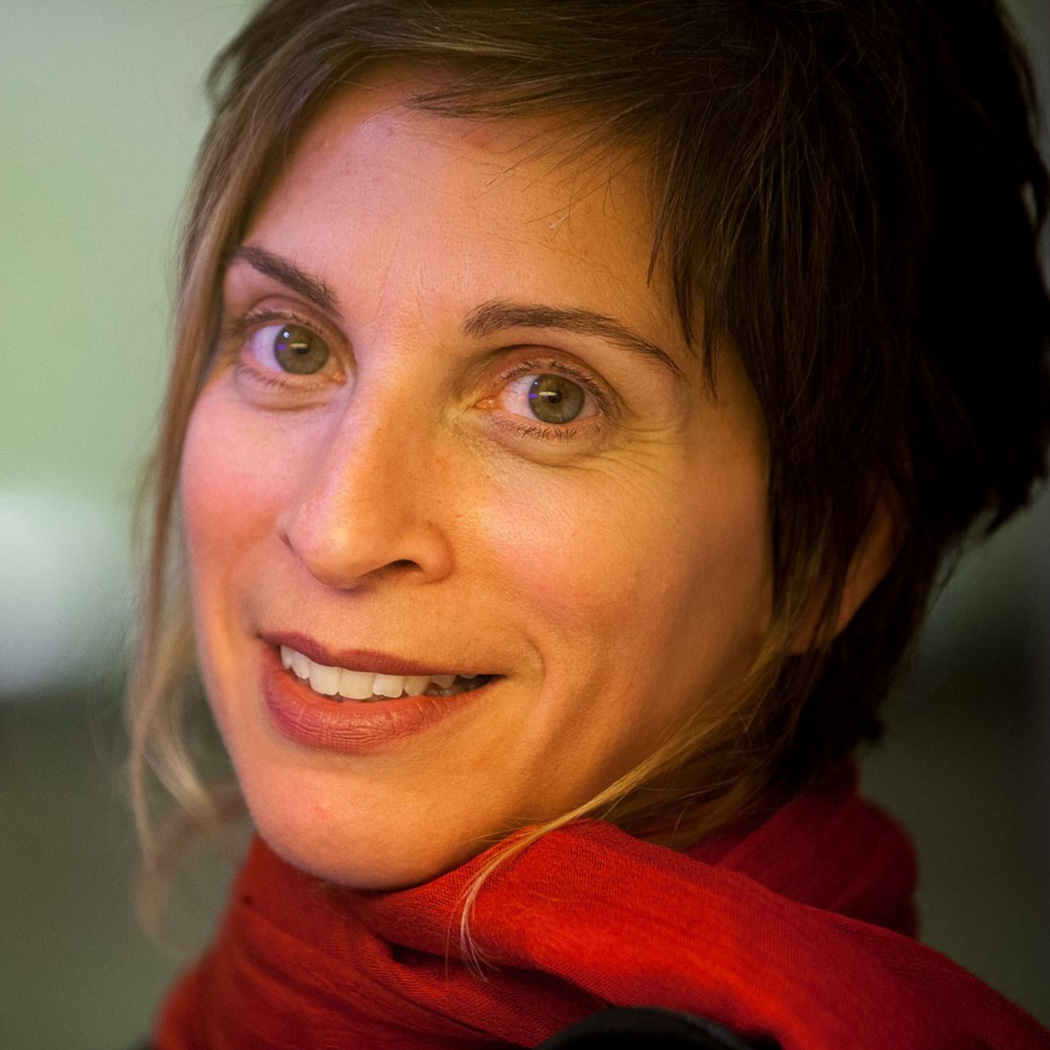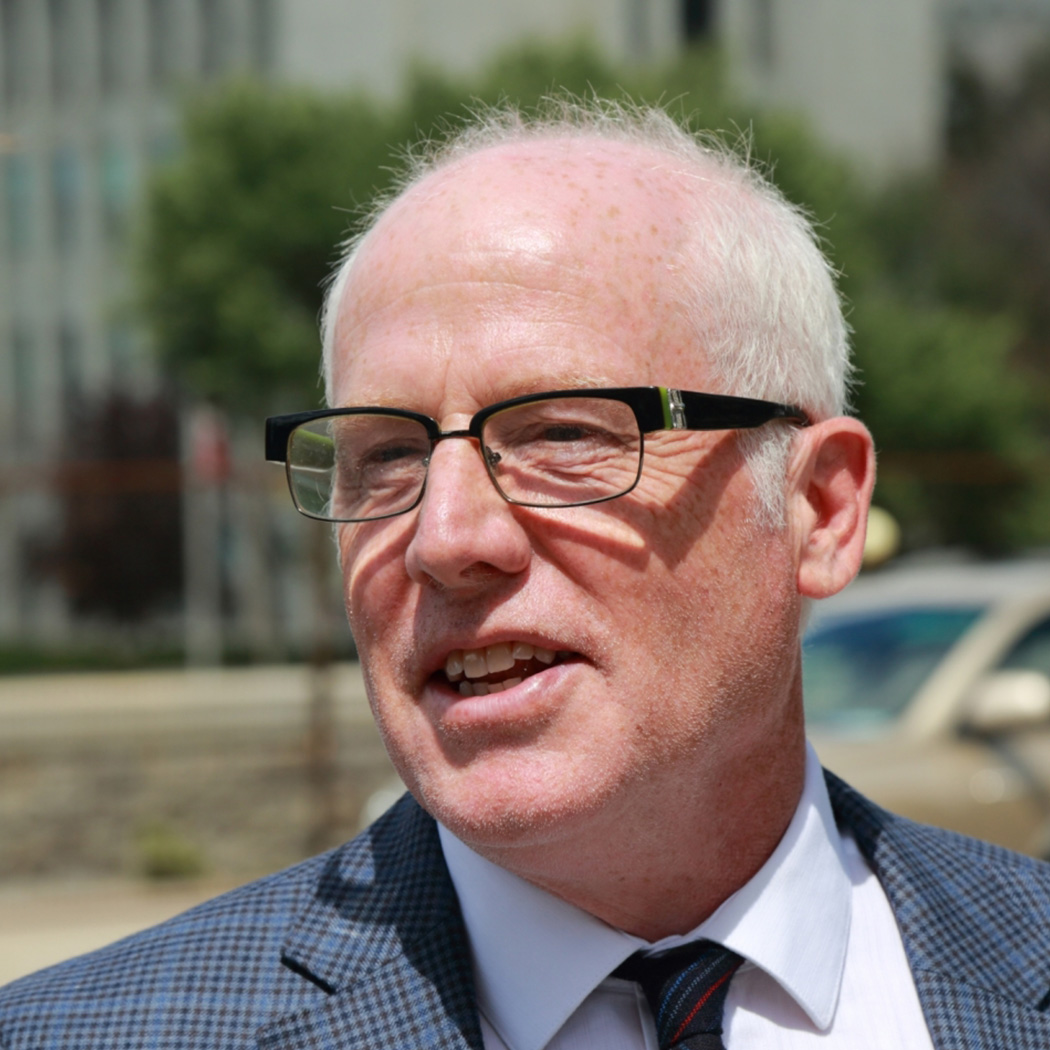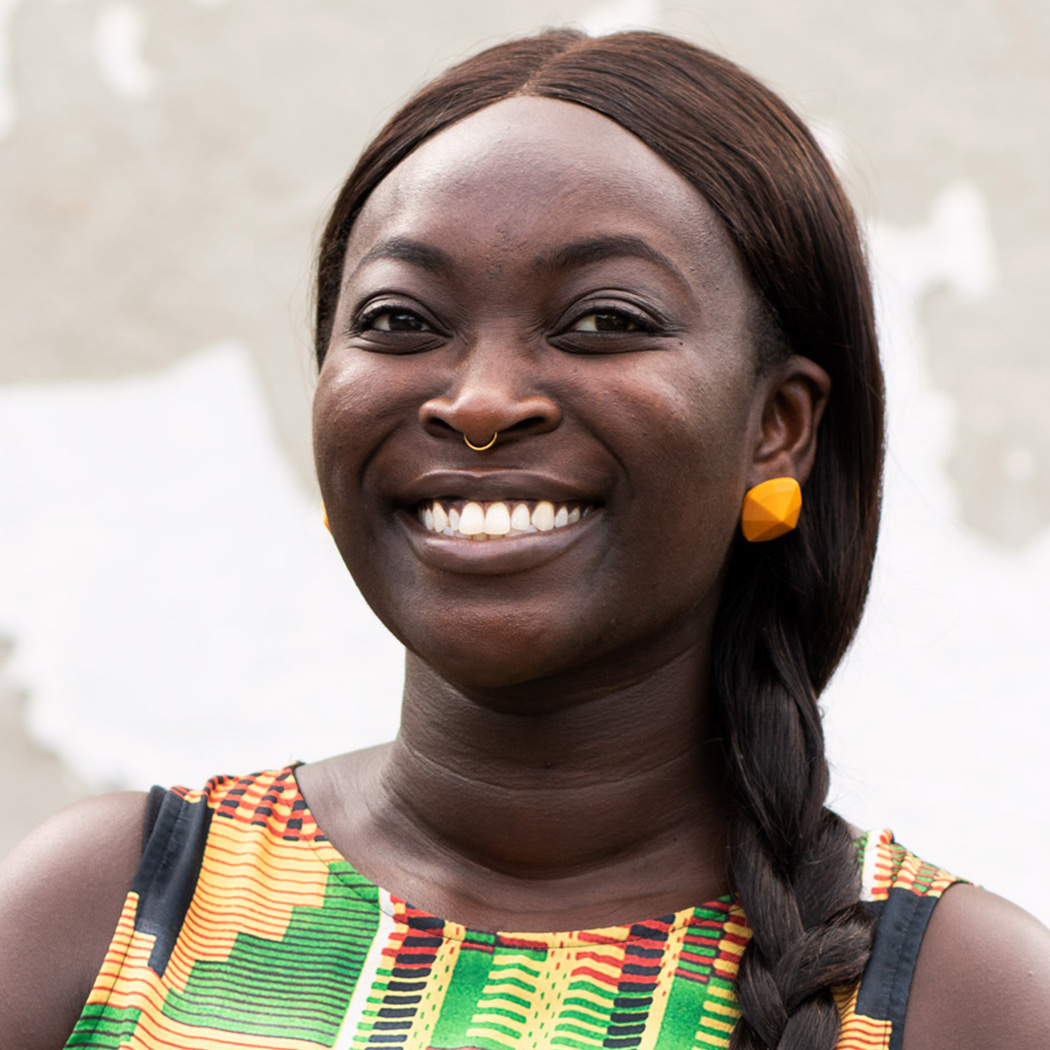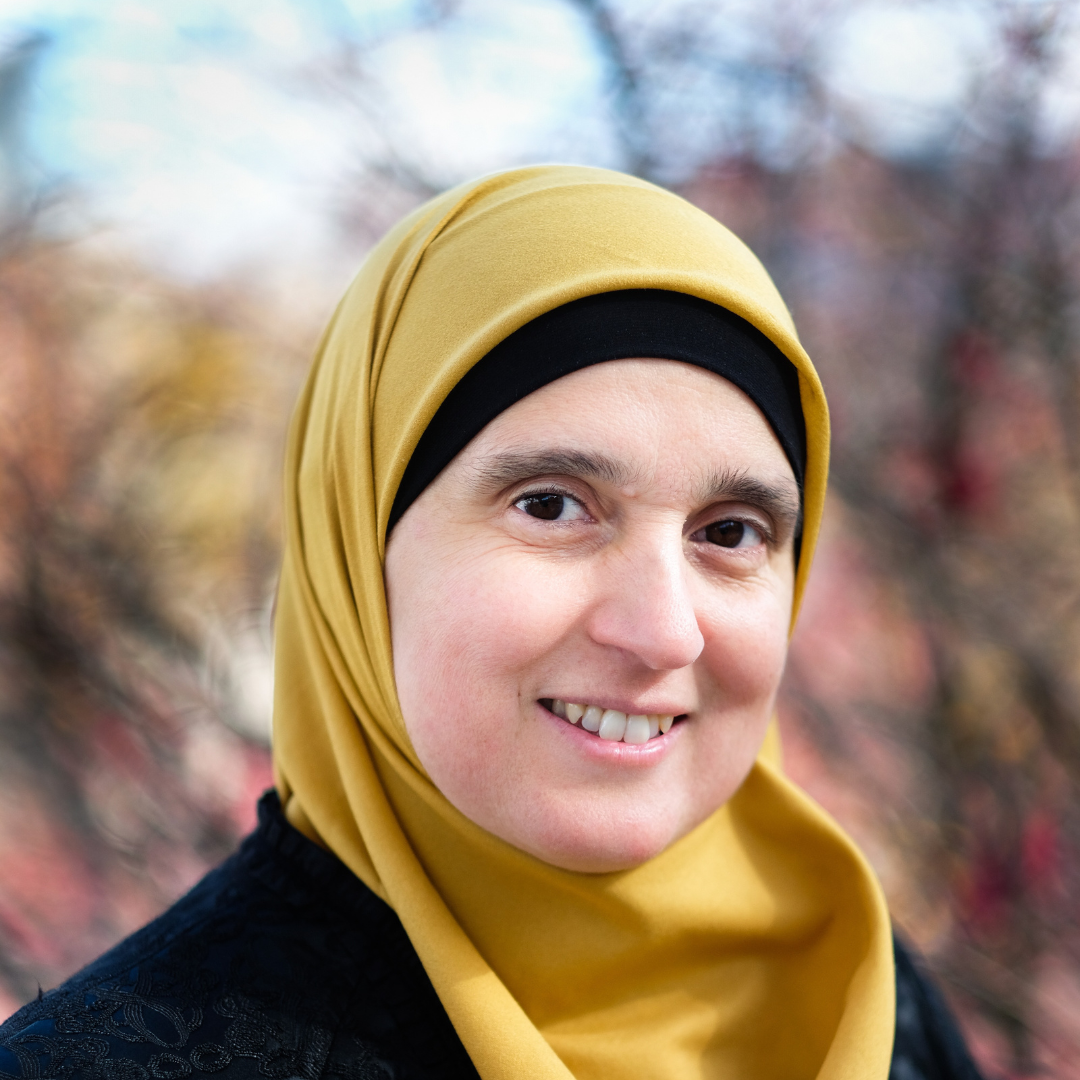Commission
A dynamic group of local residents from diverse backgrounds and politics came together to create OPC.
The idea for a people’s commission originated with freedom-of-information advocate and community activist, Ken Rubin. But momentum quickly grew as different parts of the community expressed concern that during and since the occupation, their views had been largely ignored and their losses forgotten.
Centretown Community Health Centre (CCHC) was approached to see if this fit with their programs and services. Throughout the occupation, CCHC staff, clients and community members spoke about the importance of having a forum to share their lived experiences in a meaningful way that would contribute to changes in how future disruptions could be better managed. CCHC took on this important initiative, working with local residents to bring their vision of a People’s Commission to life.
Why a People’s Commission?
Local residents were traumatized by the three-and-a-half-week convoy occupation of our city, leaving a community in need of healing and justice.
People were looking for a venue to address that trauma and their losses – but also to hold to account those that failed to end the occupation and protect public health and safety.
Official inquiries at the local and federal level were limited in their scope and ambition. They gave no confidence there would be a substantive, independent review – or that residents’ voices and views would be heard.
OPC goals
- inspire hope and healing
- hear from affected community members
- identify underlying issues and enduring solutions
- press authorities
- promote lasting benefits and community-led solutions
How OPC worked
With a focus on accountability to the community, OPC chronicled what happened and failed to happen during and after the convoy – and its impact on residents, workers and businesses.
Through community consultations and public hearings – presided over by independent Commissioners – information was gathered and recommendations forged.
Public hearings were held through the fall of 2022. Part I of OPC’s report — What we heard — was released to coincide with the one year anniversary of the occupation. Part II, offering further analysis and recommendations for action, was released in April 2023.
OPC worked to be open, transparent and accountable to the community.
Advisory Committee
Oversight and support to OPC was provided by an Advisory Committee which included:




